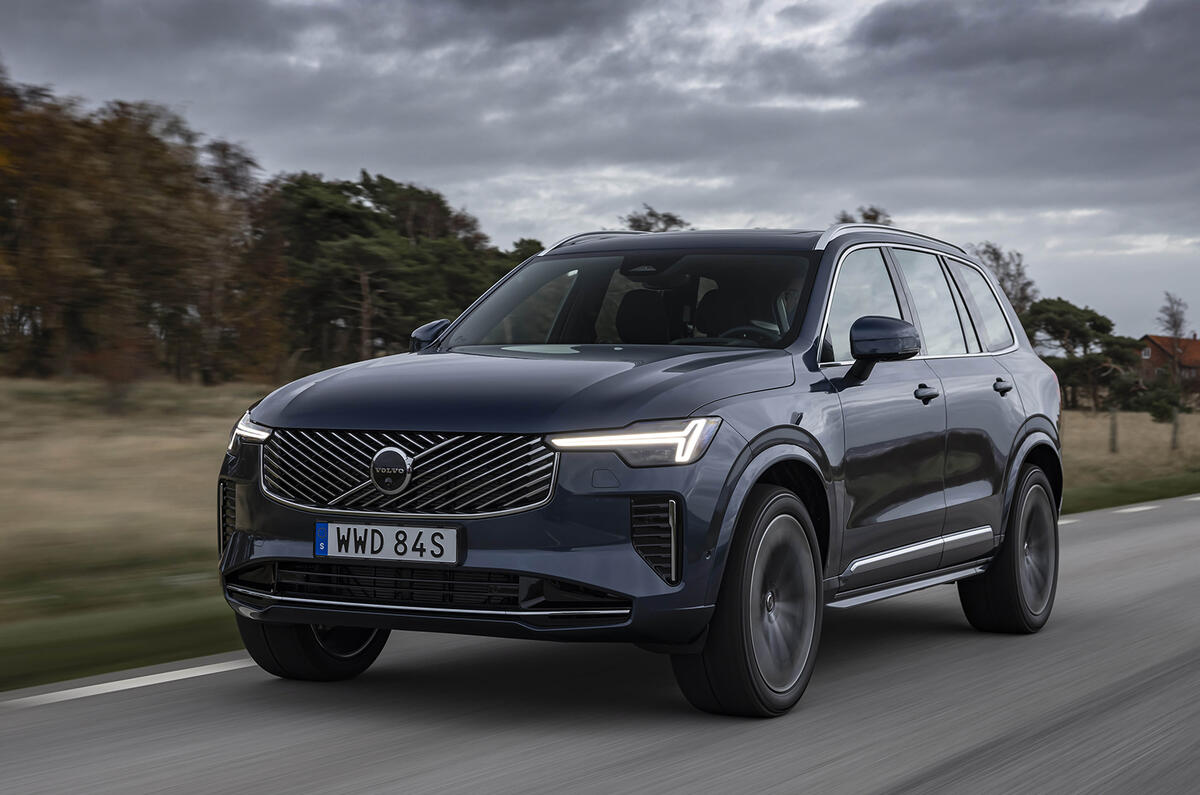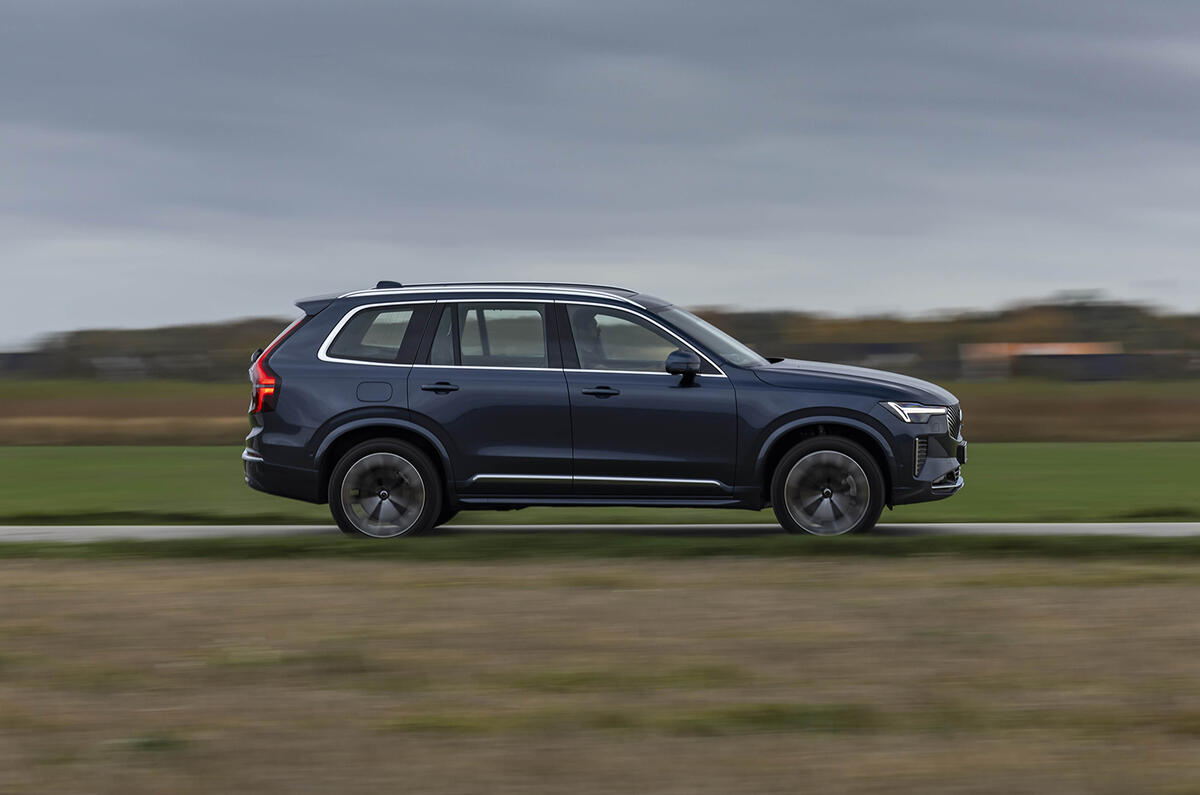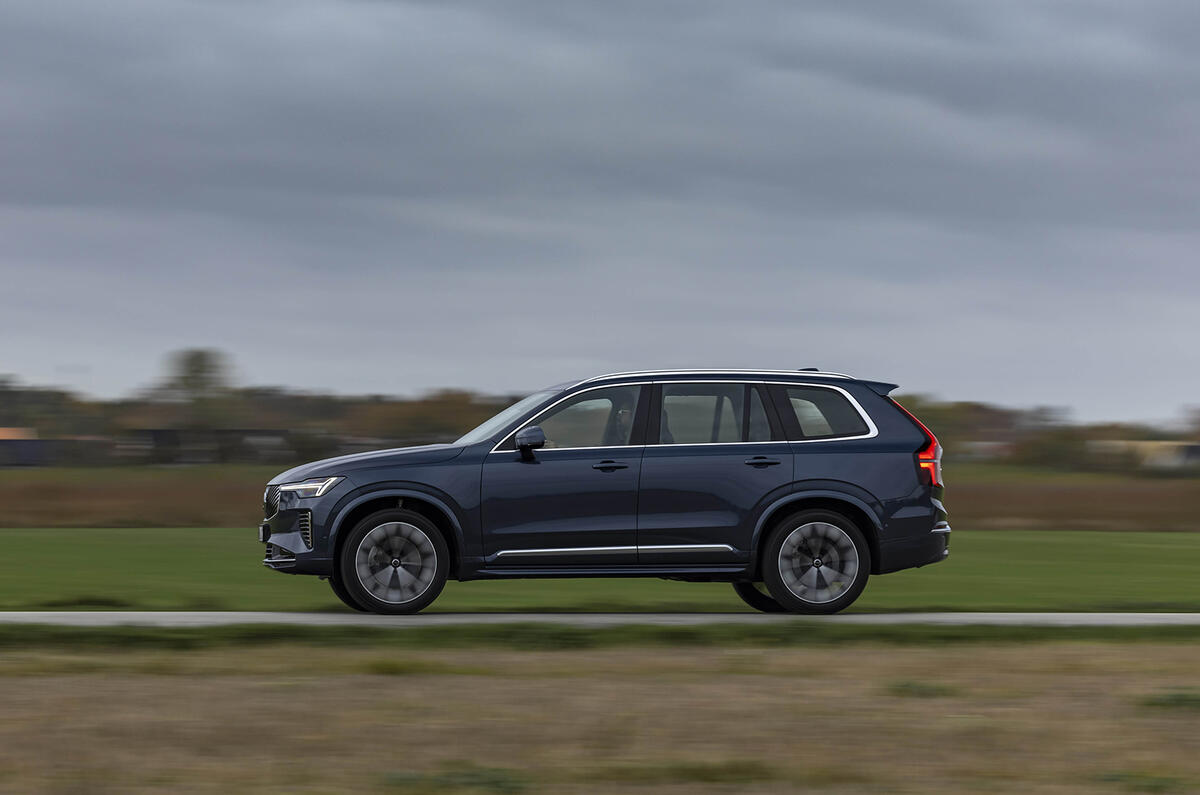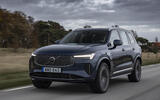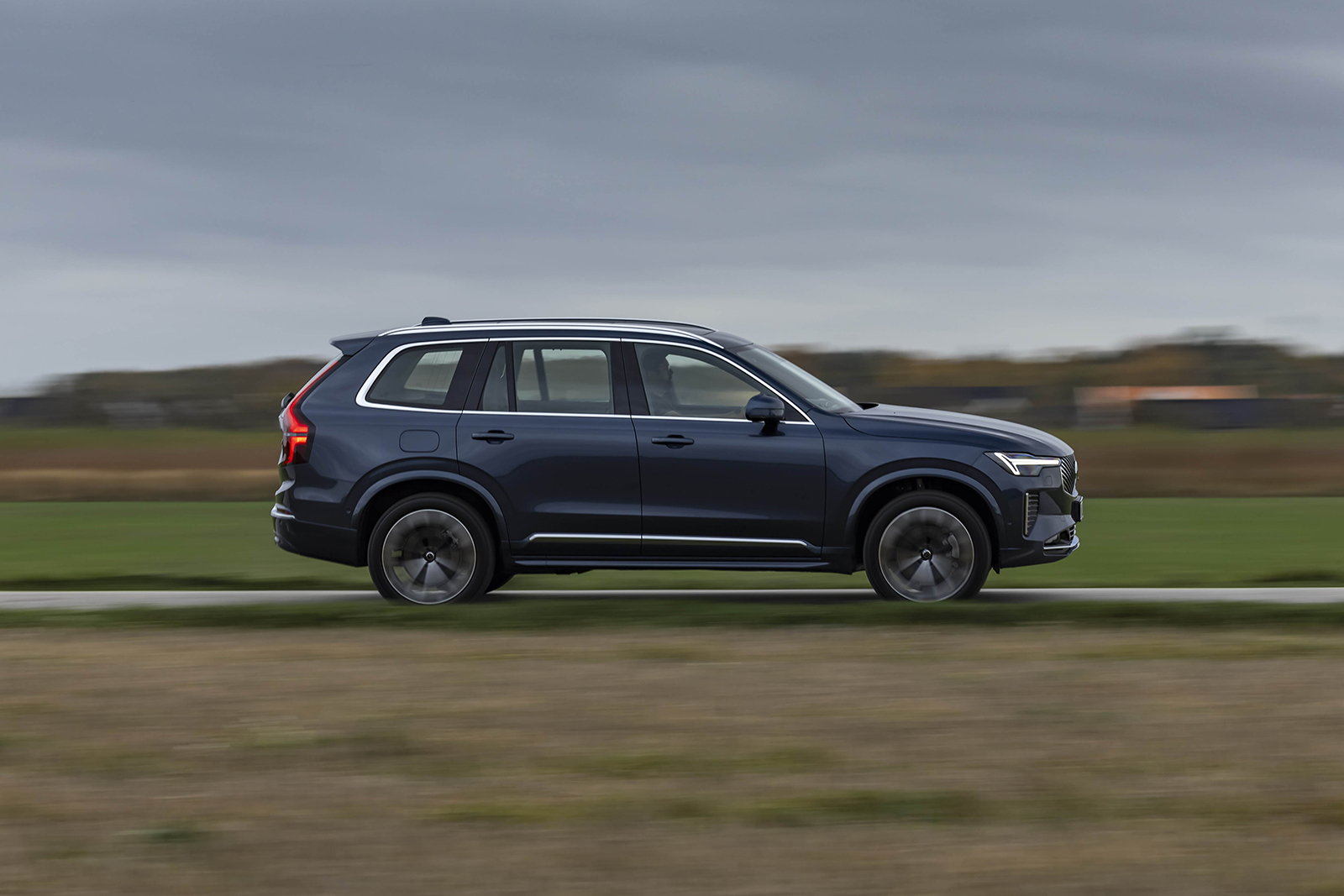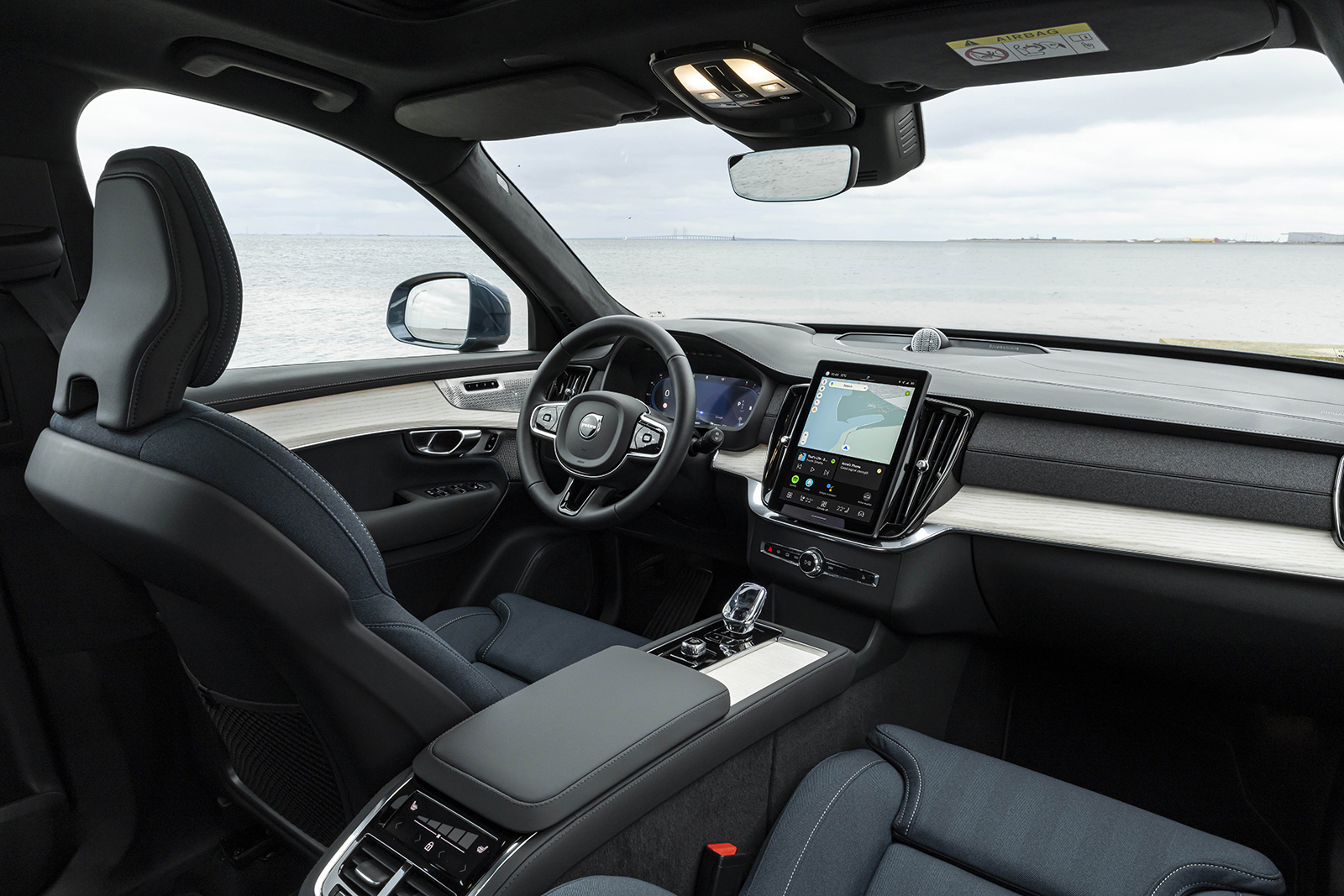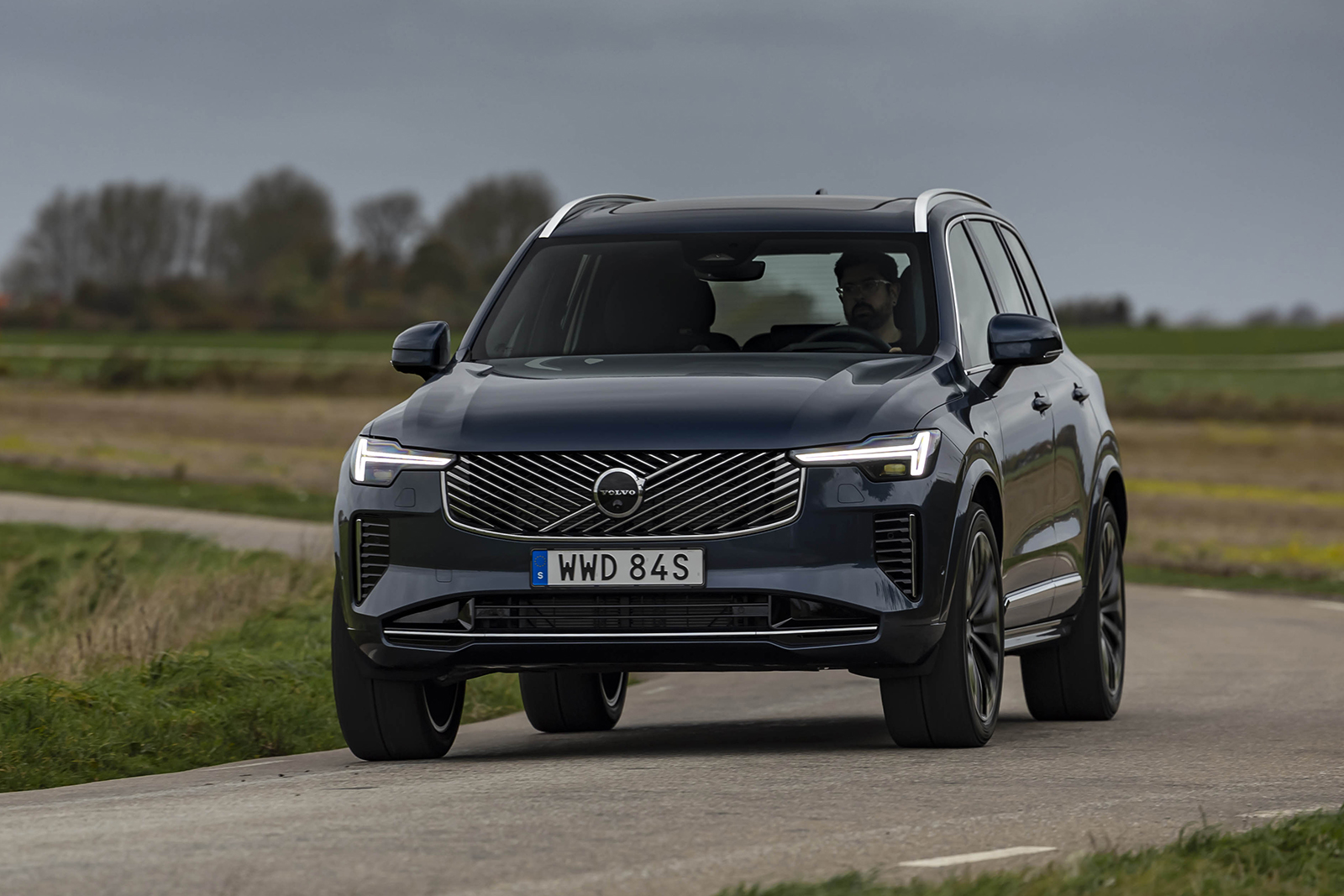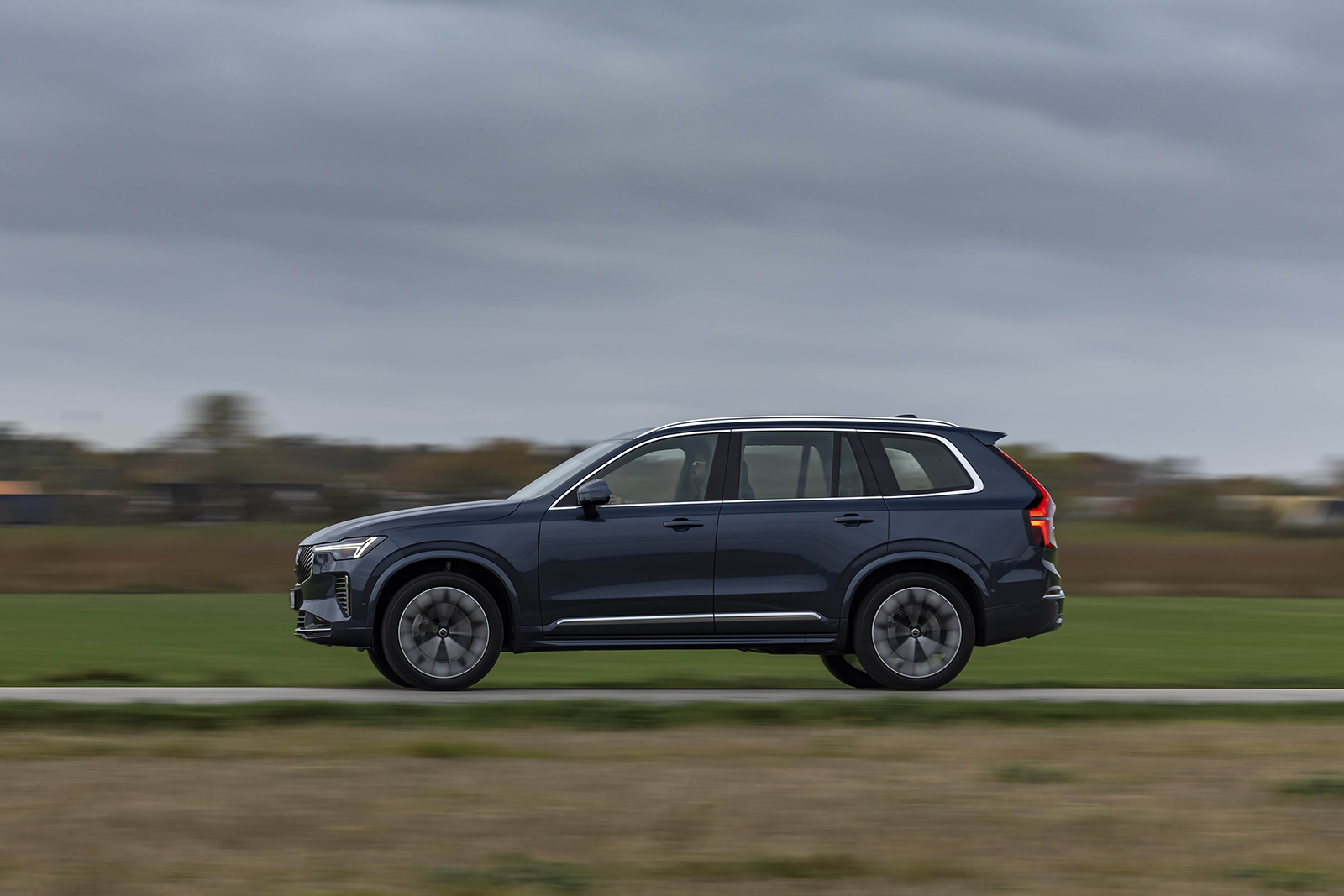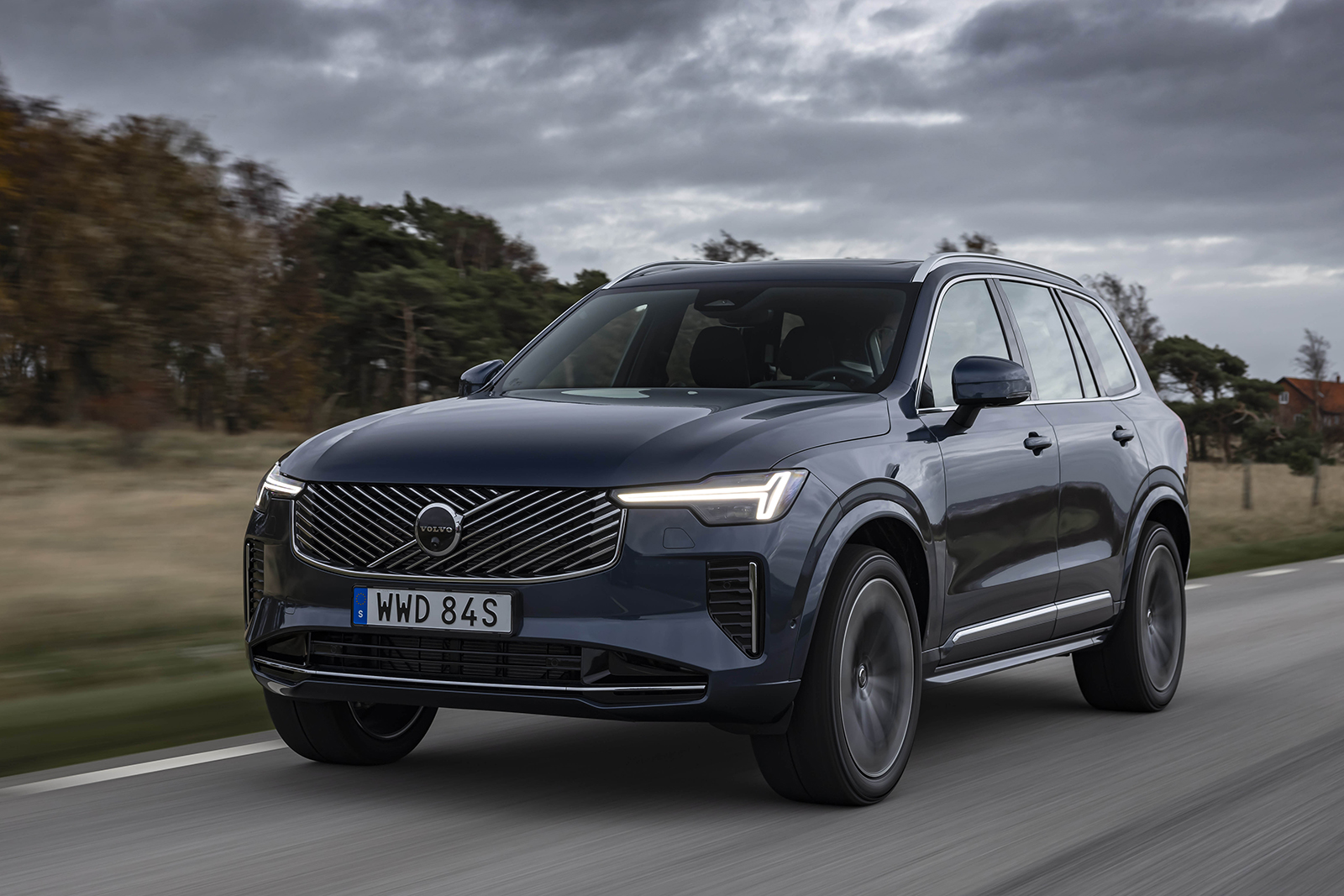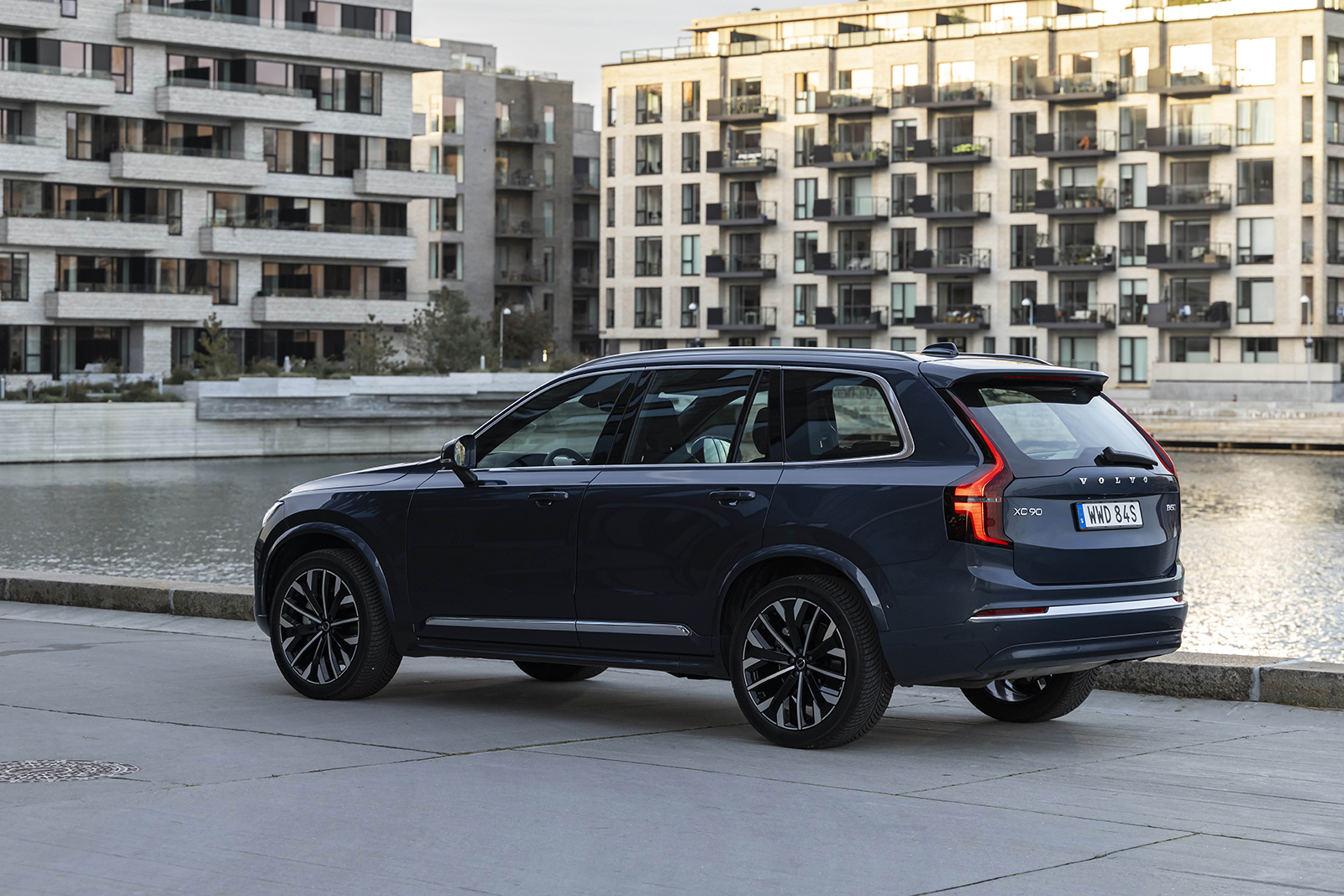We’re at a remarkable point in the Volvo XC90’s life. Back in 2015, when this second-generation car was first released, it was cutting-edge and Volvo was a company largely left to its own devices by parent company Geely.
Today, things have changed drastically. It's the electric Volvo EX90 that's the latest shiny new big SUV, while Geely has wormed its way into Volvo’s range with the EX30 and EM90, both of which are made in China and share platforms with other Geely products.
So, 2015 was a long time ago and the XC90 has changed considerably since. Diesel is now a no-no and you will find only mild-hybrid petrol and plug-in hybrid models.
A recent facelift has sharpened up the front end and given it a new infotainment system and some suspension changes too.
The market, too, has moved on a lot since 2015. The XC90, being a seven-seat SUV available with a 44-mile PHEV powertrain, has lots of competition.
Seven-seat PHEV SUVs are pretty much limited to the Hyundai Santa Fe and Kia Sorento. Seven-seat MPVs such as the Volkswagen Multivan are likely on similar shopping lists. And even electric SUVs such as the Kia EV9 and Volvo's own EX90 are likely to be cross-shopped. Good old fashioned seven-seat SUVs such as the Land Rover Discovery are also obvious rivals.



